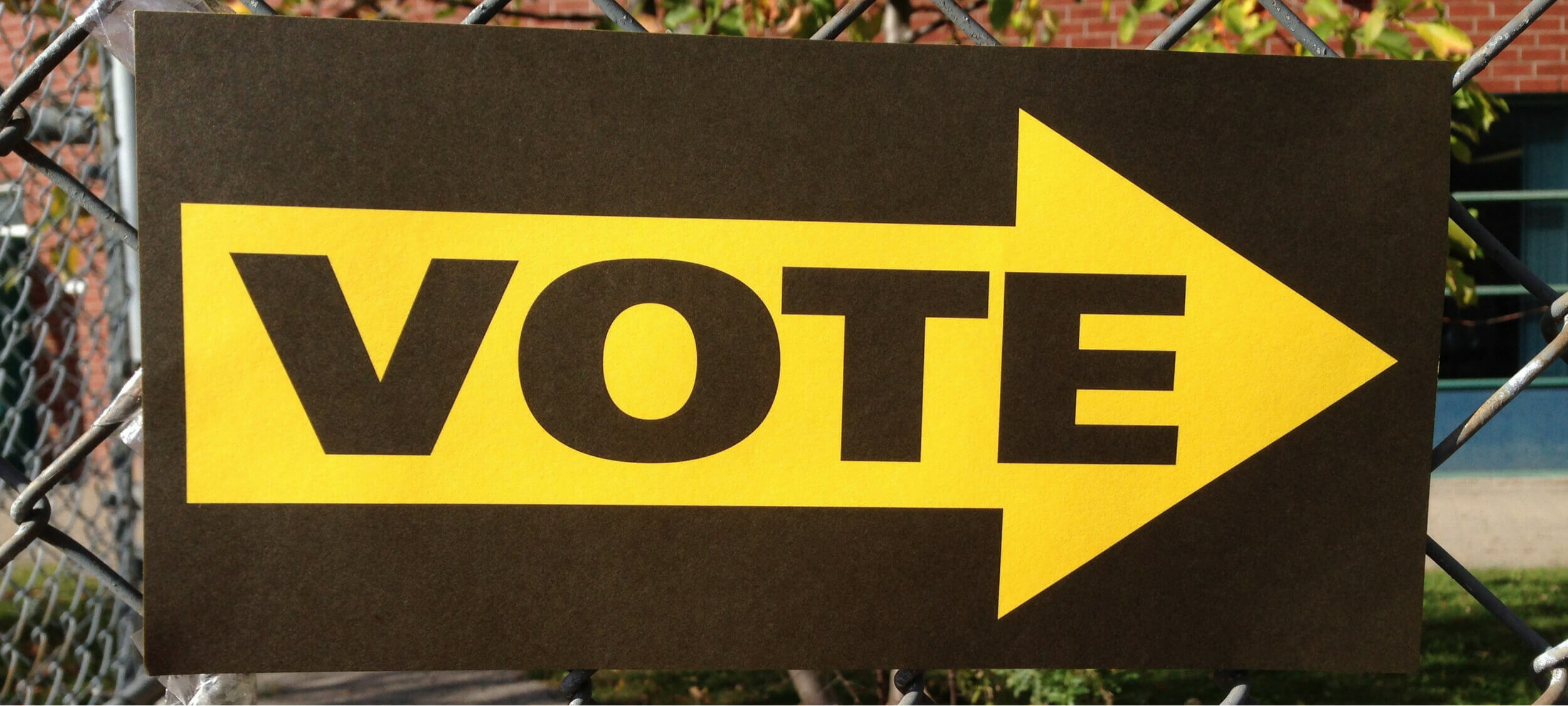
Ethics Explainer: Dirty Hands
ExplainerBusiness + LeadershipPolitics + Human Rights
BY The Ethics Centre 29 MAR 2016
The problem of dirty hands refers to situations where a person is asked to violate their deepest held ethical principles for the sake of some greater good.
The problem of dirty hands is usually seen only as an issue for political leaders. Ordinary people are typically not responsible for serious enough decisions to justify getting their hands ‘dirty’. Imagine a political leader who refuses to do what is necessary to advance the common good – what would we think of them?
Michael Walzer steps in
This was the question philosopher Michael Walzer asked when he discussed dirty hands, and another philosopher, Max Weber, had asked before him.
Walzer asks us to imagine a politician who is elected in a country that has been devastated by civil war, and who campaigned on policies of peace, reconciliation and an opposition to torture. Immediately after this politician is elected, he is asked to authorise the torture of a terrorist. The terrorist has hidden bombs throughout apartments in the city which will explode in the next 24 hours. Should the politician authorise the torture in the hope the information provided by the terrorist might save lives?
Finding common ground
This is a pretty common ethical dilemma, and different ethical theories will give different answers. Deontologists will mostly refuse, taking the ‘absolutist’ position that torture is an attack on human dignity and therefore always wrong. Utilitarians will probably see the torture as the action leading to the best outcomes and argue it is the right course of action.
What makes dirty hands different is it treats each of these arguments seriously. It accepts torture might always be wrong, but also that the stakes are so high it might also be the right thing to do. So, the political leader might have a duty to do the wrong thing – but what they are required to do is still wrong. As Walzer says, “The notion of dirty hands derives from an effort to refuse ‘absolutism’ without denying the reality of the moral dilemma”.
The paradox of dirty hands – that the right thing to do is also wrong – poses a challenge to political leaders. Are they willing to accept the possibility they might have to get their hands dirty and be held responsible for it? Walzer believes the moral politician is one who has dirty hands, acknowledges it, and is destroyed by it (because of feelings of guilt, punishment and so on): “it is by his dirty hands that we know him”.
Note that we’re not talking about corruption here where politicians get their hands dirty for their own selfish reasons, like fraudulent reelection or profit. What we’re talking about is when a politician might be obliged to violate their deepest personal values or the ethical creeds of their community in order to achieve some higher good, and how the politician should feel about having done so.
A remorseful politician?
Walzer believes politicians should feel wracked with guilt and seek forgiveness (and even demand punishment) in response to having dirtied their hands. Other thinkers disagree, notably Niccolo Machiavelli. He was also aware political leaders would sometimes have to do ‘what’s necessary’ for the public good. But even if those actions would be rejected by private ethics, he didn’t think decision makers should feel guilty about it.
Machiavelli felt indecision, hesitation, or squeamishness in the face of doing what’s necessary wasn’t a sign of a good or virtuous political leader – it was a sign they weren’t cut out for the job. Under this notion, the good political leader won’t just accept getting their hands dirty, they’ll do it whenever necessary without batting an eyelid.
Ethics in your inbox.
Get the latest inspiration, intelligence, events & more.
By signing up you agree to our privacy policy
You might be interested in…
Big thinker
Business + Leadership
Big Thinker: Karl Marx
Opinion + Analysis
Politics + Human Rights
Why compulsory voting undermines democracy
Big thinker
Politics + Human Rights
Big Thinker: Judith Jarvis Thomson
Opinion + Analysis
Business + Leadership




